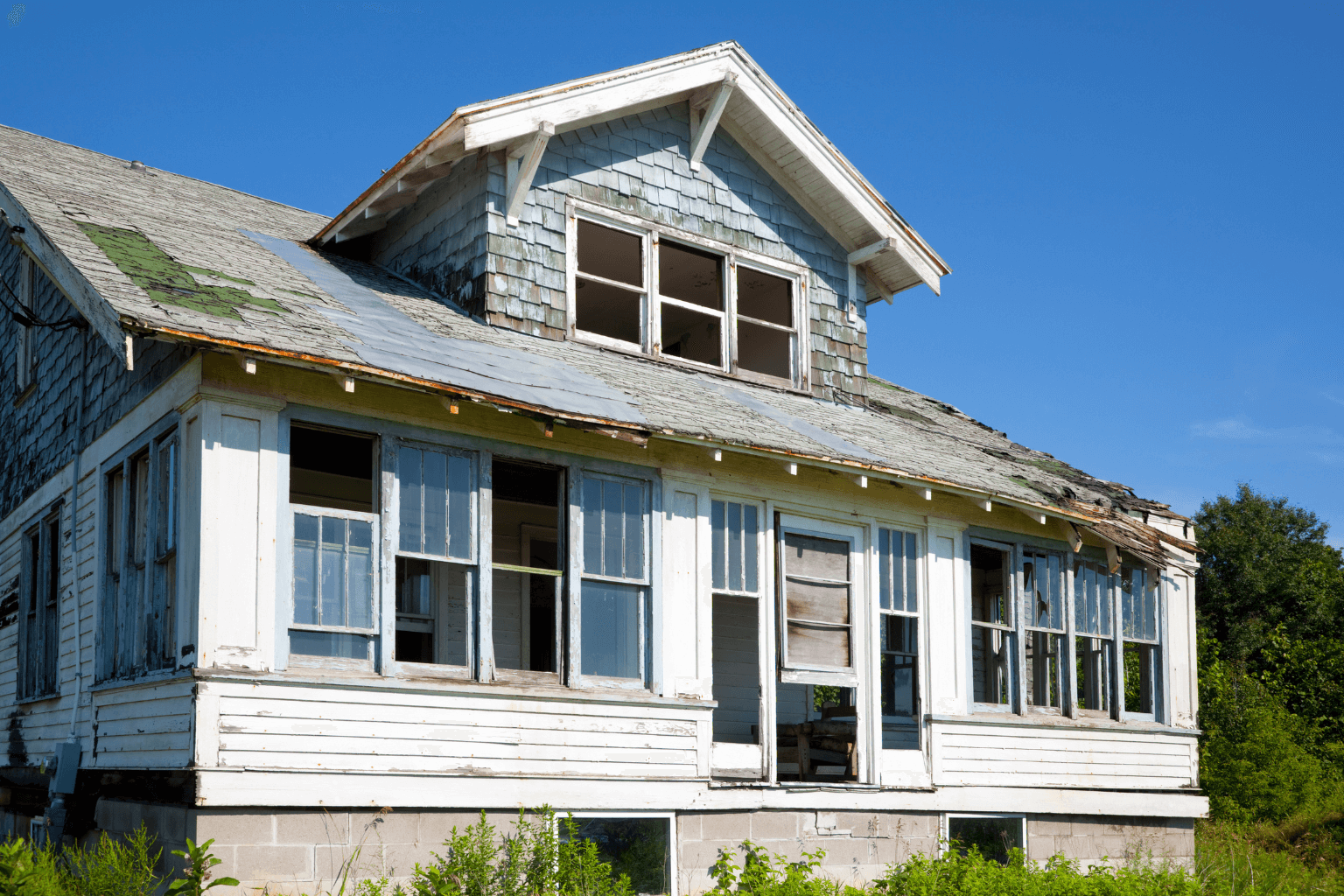How We Buy Homes With Code Violations
If you're facing code violations, selling your house as-is can be a smart decision. It saves you from expensive repairs and long compliance delays. That's why many homeowners turn to investors who buy houses with code violations—they understand the risks and still see potential. By being honest about your home's condition and pricing it accurately, you can attract serious buyers and close the deal quickly. Want to know how the process works and how to avoid common pitfalls? Let's walk through the key steps to a successful sale.
Understanding Code Violations and Their Impact on Homeowners
When you own a property, it's essential to understand how code violations can affect your home's value and your finances. Local code enforcement officers ensure that buildings meet safety and zoning standards; however, failing to comply can result in fines, repair orders, or legal consequences.
Staying informed about housing codes helps you protect your investment and avoid unnecessary stress. Whether it's unpermitted work, electrical issues, or structural problems, addressing violations early keeps your home safe and marketable.
According to the International Code Council (ICC), building codes are designed to protect public health, safety, and welfare, and violations can create significant risks and legal challenges for property owners.
Suppose your home has suffered structural damage, unsafe wiring, or fire-related hazards. You may also want to explore this guide on how to sell a fire-damaged house in California. It offers insights into selling without repairs and handling disclosures properly.

Why We Buy Houses With Code Violations
Real Estate Investors See Opportunity
Many real estate investors actively buy houses with code violations because they view them as fix-and-flip opportunities. They expect to put in the work—and the money—to bring the property up to standard, then resell it for a profit. This means you don't have to worry about making repairs or bringing everything up to code before selling.
Selling As-Is Saves Time and Money
Repairs can be expensive, especially when multiple violations are involved. Selling your home as-is to a cash buyer means avoiding those costs entirely. Investors know what they're getting into and can close fast, often in just a few days.

How to Find Buyers for Homes With Code Violations
Targeting Real Estate Investors
Focus your efforts on real estate investors who specialize in distressed properties. These buyers look past surface problems and see the potential. Use online platforms, local real estate meetups, or even direct mail to connect with them.
Looking for something different? FSBO Mistakes to Avoid is trending — and worth checking out.
Networking With Contractors and Professionals
Contractors often know buyers who are ready to take on renovation projects. By networking with local builders, property managers, and wholesalers, you can tap into a hidden market of buyers who frequently purchase homes with violations.

The Process of Selling a House With Code Violations
Step 1: Identify the Violations
Request a list of violations from your local city or county office. Knowing what needs fixing helps you price the home accurately and be transparent with buyers.
Step 2: Gather Documentation
Have inspection reports, violation notices, and repair estimates ready. This builds trust and speeds up the closing process.
Step 3: Price It Right
Homes with issues should be priced competitively to reflect their condition. Investors expect discounts but also appreciate fair and honest sellers.
Step 4: Choose the Right Buyer
Companies that buy houses with code violations typically offer cash and quick closings. Avoid buyers who may back out or delay the sale.
If you're selling in the East Bay, learn more about how we can help at our San Lorenzo page.

What to Expect When Selling to an Investment Company
Selling to an investor or professional home-buying company is often the easiest route. These companies specialize in properties with issues, such as structural damage, legal problems, or building code violations.
Expect a simple process:
- A fast home evaluation (often virtual or in one visit)
- A no-obligation cash offer within 24–48 hours
- No need for repairs or cleaning
- Flexible closing dates to match your schedule
They handle the paperwork and often cover closing costs, making it easier to walk away with cash in hand.
Watch this helpful video on how to Stop Foreclosure if you're facing financial trouble and want to understand your options.
Tips for a Smooth As-Is Sale
- Be Transparent: Let buyers know precisely what violations exist.
- Stay Organized: Keep all necessary paperwork ready, including the title, disclosures, and notices.
- Manage Expectations: Understand your home's current value and price it accordingly.
- Work With Experienced Buyers: Companies that buy homes with code issues can make the process smoother and less stressful.

Conclusion
Selling your house with code violations doesn't have to be difficult. We buy houses with code violations in any condition, helping homeowners avoid the hassle of repairs and lengthy wait times. By choosing to sell as-is to an experienced investor, you can turn a problem property into fast cash and move forward with peace of mind. Don't let code violations hold you back—embrace the opportunity for a fresh start today!





